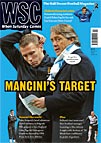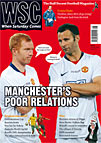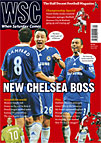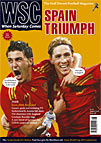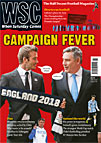 They weren't very popular but Don Revie's Leeds United side were certainly effective. James Calder takes a look back at their first League success
They weren't very popular but Don Revie's Leeds United side were certainly effective. James Calder takes a look back at their first League success
The long-term significance
This was Leeds United’s first League title. Developing what Geoffrey Green of the Times described as a “cult of collective anonymity”, the meticulous Don Revie shaped a resilient yet ruthless side that had won few friends since gaining promotion in 1964. But among the grit were regular flashes of brilliance. That, and their ability to absorb punishment and counter-attack to great effect, earned them general recognition as worthy champions. After their near-misses in previous seasons, championship success allowed Revie’s side to adopt a more expansive style. And though the “dirty” tag remained and only one more League title would follow, their consistency and organisation provided a blueprint that other less gifted teams tried to copy, Arsenal among them.
